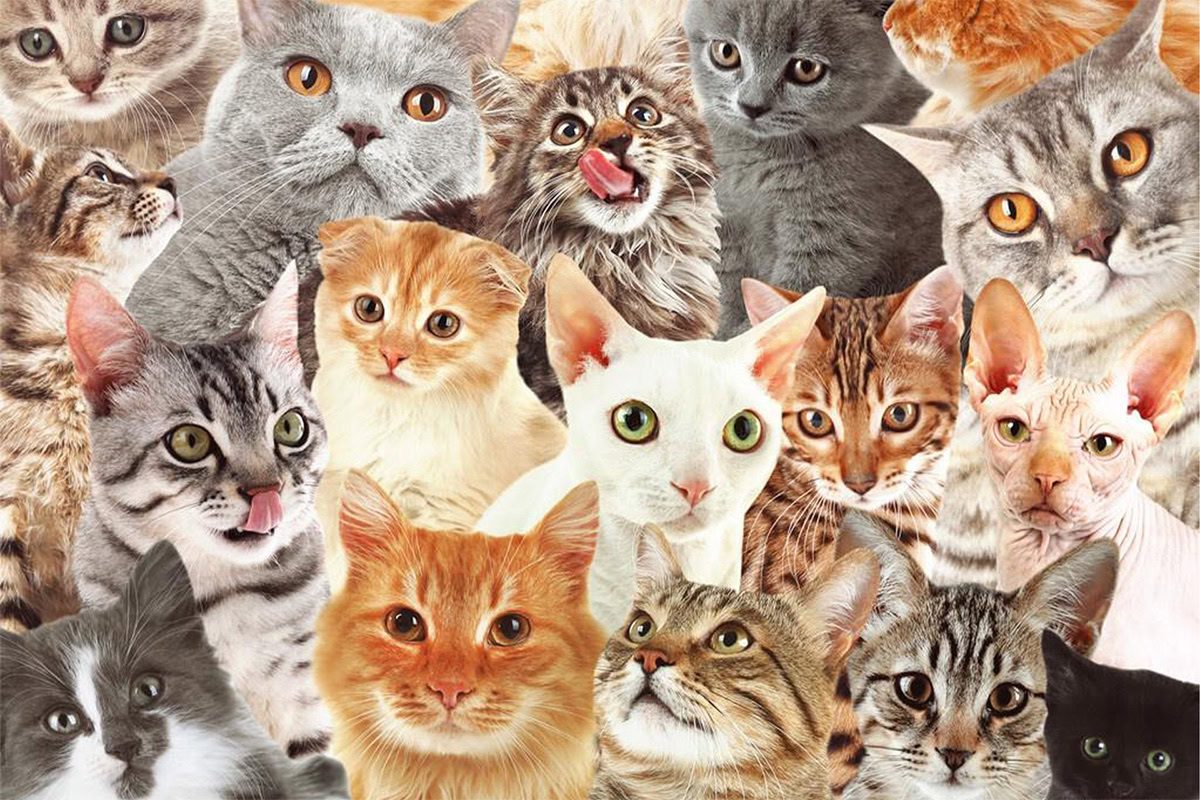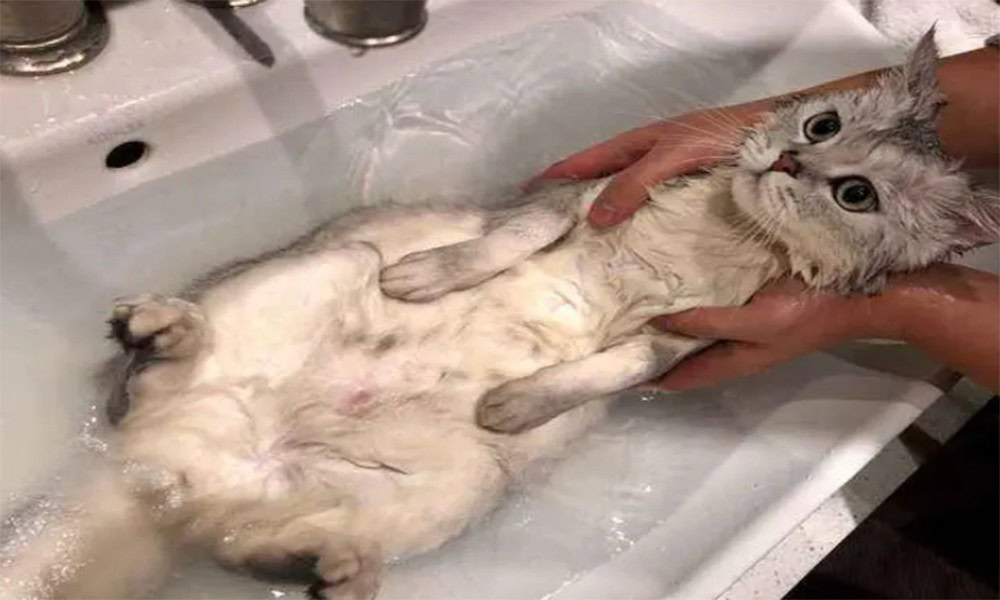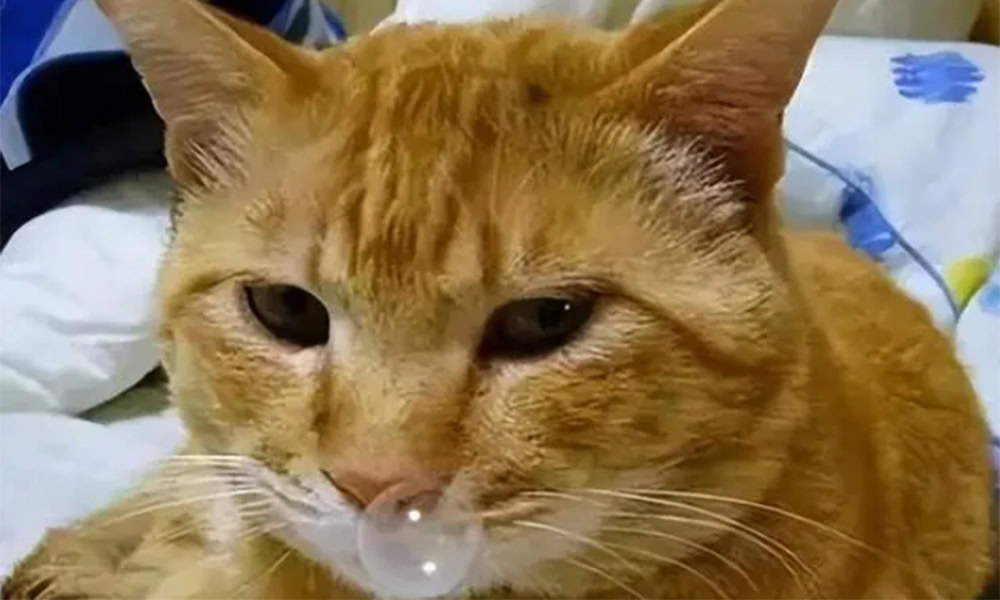What Personality Type Is Your Cat?
How to Get Along With Different Cat Personalities
Just like no two leaves are identical, no two cats are exactly the same. Every cat has its own temperament, quirks, and behaviors that make it special.
Your cat might be playful and outgoing, or anxious and sensitive. It might love cuddles—or run and hide at the slightest sound.
Understanding your cat’s personality is key to building a stronger, healthier bond. Thanks to a study by researchers from Australia and New Zealand, we now have a scientific model to help decode your cat’s personality using five core traits, inspired by the Big Five human personality framework.
🧠 The 5 Feline Personality Traits
The study, which analyzed over 2,800 domestic cats across South Australia and New Zealand, identified five major personality dimensions:
1. Neuroticism
Key traits: Nervous, anxious, easily startled, insecure, shy around strangers, sensitive, fearful, lonely
Cats scoring high in neuroticism often show signs of emotional instability. They’re jumpy, prefer hiding, and can be overwhelmed by changes or noise.
Tips for living with a neurotic cat:
•Provide safe zones: Create hiding spots like cardboard boxes, cat tunnels, or shelves they can retreat to.
•Avoid overwhelming interactions: Don’t force cuddles or loud play. Let them come to you.
•Respect their pace: When guests visit, don’t pressure your cat to socialize.
2. Extraversion
Key traits: Curious, active, playful, smart, outgoing, confident, persistent, adventurous
Extraverted cats are full of energy and love exploring. They’re always on the move and can easily get bored.
Tips for living with an extraverted cat:
•Environmental enrichment: Offer climbing trees, puzzle feeders, interactive toys, and rotating play options.
•Playtime matters: Spend quality time daily playing with them to burn excess energy and prevent destructive behavior.
3. Dominance
Key traits: Aggressive, controlling, jealous, pushy, territorial, confrontational
These cats may bully other pets, guard food or toys, and dominate shared spaces like litter boxes or beds.
Tips for managing dominant cats:
•Multiple resources: Ensure every cat has its own food bowls, water dishes, and litter boxes (ideally, one per cat + one extra).
•Strategic placement: Spread resources across the home to avoid conflict zones.
•Watch interactions: Intervene if aggression escalates beyond harmless roughhousing.
4. Impulsiveness
Key traits: Unpredictable, easily excited, hyper, anxious, restless, unfocused
Impulsive cats often act erratically, sometimes due to stress or lack of routine.
Tips for calming impulsive cats:
•Stick to a routine: Feed and play at the same times each day to build trust and structure.
•Reduce environmental stress: Limit loud noises, sudden changes, or chaotic surroundings.
•Create predictability: Let your cat feel a sense of control over its environment.
5. Agreeableness
Key traits: Friendly, affectionate, cooperative, trusting, adaptable, social
These sweet-natured cats love attention and often get along well with humans and other animals. They’re likely to follow you around and purr their way into everyone’s hearts.
Tips for living with agreeable cats:
•Keep them engaged: They love cuddles, gentle play, and social interaction.
•Reward social behaviors: Use treats and praise to reinforce their friendliness.
🐾 Why Personality Matters
Every cat is unique. By understanding your cat’s personality, you can:
•Improve your relationship and trust
•Reduce stress for both you and your cat
•Create a more cat-friendly environment
•Address behavior issues with compassion and strategy
⚠️ Sudden personality changes may signal pain or illness.
Always consult a veterinarian if your cat starts acting differently.
You don’t get to choose your cat’s personality—but you can choose how you respond to it.
With the right approach, every cat—whether dominant, shy, or outgoing—can thrive in a loving home. Pay attention to your cat’s signals, respect its boundaries, and tailor your care to match its individual character.
Your cat will thank you in purrs.


